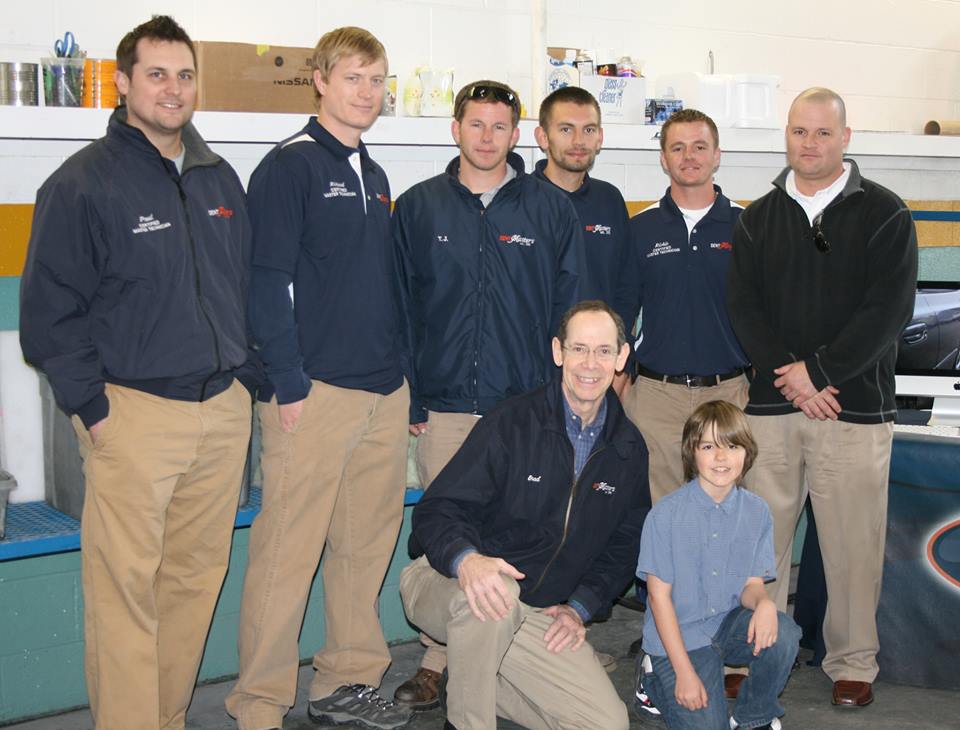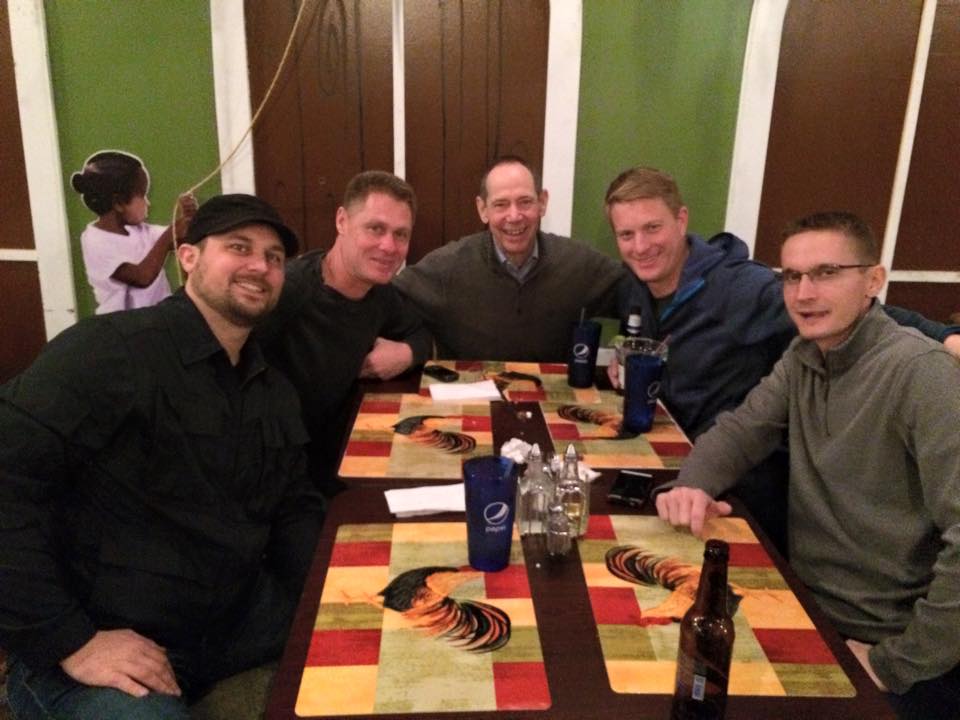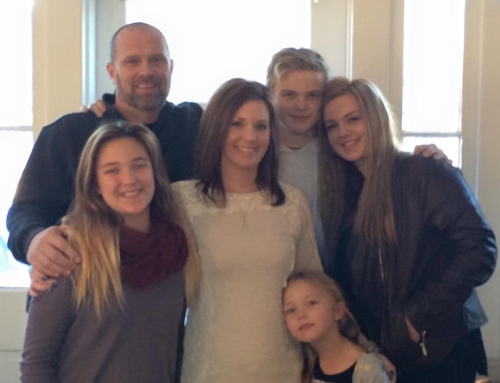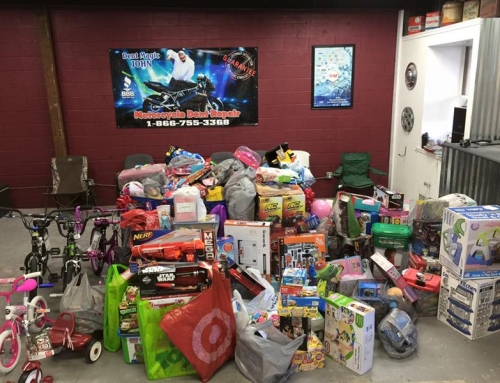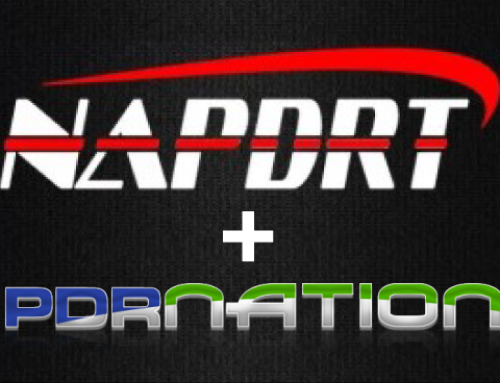with: Brad Hodgson, Dentmasters (McLean, Virginia USA)
Over 75% of small businesses in the United States are non employers. This trend is similar in the paintless dent repair world. Most PDR companies in the US are 1-3 man operations. Running a self employed PDR business with just yourself as the sole technician, salesman, CEO, marketer, manager, and accountant can be very rewarding and lucrative. However, how do you take the next step and propel your business to the next level? A level where you don’t have to pound the pavement of those scorching hot used car lots and produce revenue with your own hands. A level where you can manage other dent guys and eventually sell your business. Producing a great income is good. Creating a business that can survive without you and thrive in the future is ideal. The only way to expand is to hire employees, both technicians and back office help.
Brad Hodgson founded Dentmasters, Inc in the Washington, DC metro back in 1991. Brad came from the car dealership sales world. He fully experienced the long hours, working Saturdays, and holiday sales that are associated with the car business. When he decided to form Dentmasters, Brad wanted to create a company that could offer employees a great income along with plenty of time for family. He has hired a bunch of guys over the years. PDRtalk sat down with Brad and discussed how he finds and evaluates the right guys for his team.
What year was Dentmasters formed?
1991
How were you introduced to PDR?
At the time I was a new car salesman and getting ready to deliver a midnight blue Delta 88 and discovered a ding dead center on the driver’s door. I reported it to the sales manager. He decided to call in a new dent repair company he had recently heard about. An hour later they arrived, and an hour later the dent was gone!
I grab the tech and asked him how I could learn about PDR. He introduced me to the owner of the company, who in turn told me all about his franchise. At the time I could not afford the franchise startup costs, but I knew this type of business had great potential. I always wanted to own a small business and PDR seemed like the perfect opportunity.
When you founded Dentmasters, was it just you or a small group of guys?
Just me with two minor investors. I also convinced my 3 little kids, all under the age of 12 that this was a great investment. What can I say? I’m shameless salesman. So they each ponied up $50 from their piggy banks and bought stock.
Was PDR still secretive back in 1991? How was training? I’m guessing it was much more expensive than it is now and there were not a lot of options.
We were past the stage of hiding behind curtains, but it was definitely unknown to most people. I found an independent PDR tech who lived 60 miles away and contracted him to train my first employee while I kept my job at the dealership. Then I had my employee train me and we began to slowly build from there. I was fortunate to a have a wonderful owner of the dealership I worked for who allowed me to stay on while I began to build my business. After work, I would pull his used cars inside the shop and teach myself what I did not know, until I got skilled enough to begin to seek work at other dealerships and charge for repairs.
How quickly did the Dentmasters team grow? Where did you find new technicians to train and bring into the company?
It’s hard to remember, but in the beginning I think we added a tech a year for the first 5 years. We then progressed to 2 techs a year for the next 5 years. In retrospect I think our growth was too rapid for my management skills at the time, and the company struggled. It was not because of the techs or the market. I simply did not have the knowledge or skills to match the need.
What is the most amount of technicians you have employed full time?
We employed 15 techs at one time in 2000. Presently we have 11 great guys, actually great friends. Our low point came during the great recession of 2008 when we dropped down to about 8 guys. At that point in time money was tight everywhere and cosmetic blemishes on cars were not a main concern for most Americans. Plus the dealerships which make up a large percentage of our revenue weren’t selling any cars. I give a lot of credit to the guys who have hung in there. Because of their patience with me, we still exist today. I’m a lucky guy.
How do you train new recruits? How long does it last?
We train in-house, which can last up to a year with the trainee being under the supervision of senior techs. For us quality is paramount, and it takes lots and lots of dents. We like to say…
Well it doesn’t always hail in our area, and we don’t chase hail so there is no way around it, practice and time are essential. The actual process of pushing dents requires precise judgments with your eyes and exact movements with your hands. Repetition is the only way to master PDR, which requires a significant amount of time. Learning the business side of PDR is a whole different story. In my opinion if takes about 3 years for a guy to get up to speed with his skills and learn the ins and outs of running a successful route.
Are new guys full time employees?
After a tryout period when we evaluate if the person is a fit, we bring them on as an employee.
Explain your recruiting and evaluation process. Do you have certain traits or skills you look for when choosing a new PDR technician? Do you have a system that helps you evaluate potential employees. If so, how did you develop or learn that system?
Well our system is on going in its development, but the core of it I stole from an article I read about how legendary NFL coach and NASCAR team owner Joe Gibbs evaluates talent for his organizations. Does that guy know how to pick talent or what! We look for 4 things in this order;
There is a temptation to hire someone who possesses the last 3 of these characteristics, but as I have heard it been said…
With enough time and willingness most guys can become good and even great at PDR. The key is to choose a high character guy for your company that is willing to put in the effort to become excellent at the craft in order to create a great income for himself and family. He’s got to be self motivated and driven as well. This business just does not work for people that need to be micro managed.
Most guys find that scaling a PDR business is a very difficult task. First you have to find the right guy to train. Then it takes a couple of years for a new tech to start producing solid revenue. Once he is functioning at a high level, it might be difficult to have him stay with your company. Do you have any recommendations for how to keep high quality techs on your payroll?
Scaling is very challenging. We have trained and employed several guys over the years. I have some guys that have been with me for 15+ years. However, several other guys have left to chase hail, established routes in other areas, and even stayed in our market and become direct competition. I would love to employ guys for 5, 10, 15, or even 20 years. Unfortunately it doesn’t always work out and we have to go our separate ways. No matter the circumstance of the breakup, I always try to keep a good relationship with former employees on both business and personal levels. Enough about guys leaving. How do I try to encourage them to stay with Dentmasters? For us, it’s not just about dollars but also quality of life. I try to pick the right guys to hire and then take time to find out what really matters to them. Then, if it is reasonable, provide it. I think ultimate salesman Zig Ziglar said it best…
Do you recommend hiring friends and family? If so, how do you separate your personal and business relationships?
Each case is different, and there’s no standard answer. There’s a big difference between working “with” a friend and working “for” a friend. The expectations are different. The bigger question is, do I have healthy relationships with my family and friends now? The stress of working together will expose more things than you can imagine, and bring pressure to bare. If they are great relationships to begin with, then they will only get better. If there is tension or dysfunction rooted in those relationships, adding the stress of running a small business has the potential to expand those issues.
How important is it to hire back office, administrative, and management staff?
In most small businesses you are the admin and management staff for a long time. When you start to expand, hiring someone to do the books and other admin tasks allows you to focus on other aspects of growing your business. The office person is the most important “non productive” hire. By non productive I mean they do not directly contribute to producing revenue. However, they allow everyone else to stay focused and more productive. A good office/business manager is worth their weight in gold.
Any words of advice for independent PDR techs that are looking to expand and add employees?
That is the $50,000 question. First, start with the end in mind. What do I want to build? What does a great company look like in 10 years? 20 years? What is my exit strategy? These are hard questions and require a lot of thought. The answers need to be written out. There is a saying,
Read books, articles, and get advice from successful business owners. I subscribe to ‘Inc.” magazine and several body shop and PDR industry newsletters, including PDRtalk.
One of the best decisions I’ve ever made was to write out a vision. I went to a 2 day seminar that taught visioning at Zing Train, a training company in Ann Arbor Michigan during the fall of 2013. Then I took time to write “Dentmasters 2024”, a vision of what greatness looks like for our company 10 years forward. That’s not a typo, it’s 2024. It galvanized and clarified the direction for me and my guys. They don’t need to wonder, “where we are headed?”, they know. I would be happy to send anyone a copy of our vision if they email a request to me at brad@dentmasters.com.
Brad Hodgson is one of the founding partners of Dentmasters, inc. thats been serving the Washington DC Metro area since 1991. He has 3 terrific adult children and 3 beautiful grandchildren.


